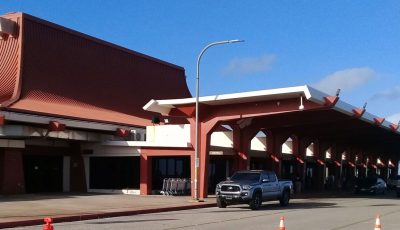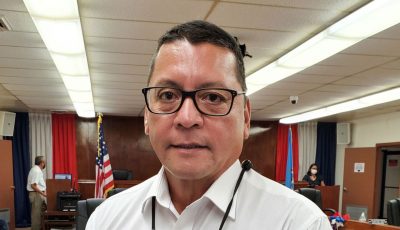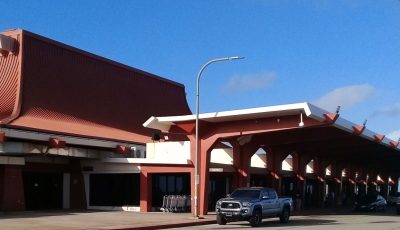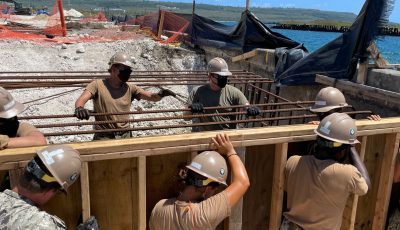Star Marianas sues CPA for allegedly unreasonable user fees
Star Marianas Air Inc. is suing the Commonwealth Ports Authority for allegedly assessing the company unreasonable user fees.
Star Marianas is suing CPA and five unnamed co-defendants for breach of contract, violation of anti-head tax, and for unreasonable user fees.
Star Marianas, through counsel Timothy H. Bellas, asked the U.S. District Court for the NMI to hold CPA liable to pay the company damages, court costs, and attorney’s fees.
Saipan Tribune was still trying to get comments from CPA as of press time.
According to Bellas in the complaint, an airline use agreement signed between Star Marianas Air and CPA in April 2009 specifies a process by which CPA will come up with rates to be charged SMA for its use of CNMI airports and commuter terminals.
Bellas said that CPA has never complied with the agreement’s cost accounting and fee adjustment requirements since SMA has been operating as an airline at the airports and commuter terminals.
The lawyer said under federal law, CPA is required to make airports and their associated facilities available to the public and airport users, such as SMA, under reasonable conditions and without unjust discrimination.
Since 2009, Bellas said, SMA has been asking CPA to disclose its audited accounting records, as mandated by federal regulations and the airline use agreement.
He cited a section of the agreement that provides that any capital costs of the improvements and facilities that are paid by the federal government or other government entity grants shall not be included in the calculation of costs to be paid by airlines such as SMA.
Nor shall any depreciation of the commuter terminals be included in the computation of costs to be paid, Bellas said.
He said the accounting costs of operating the commuter terminals and providing any services are essential to arrive at the costs to be apportioned among airport users, like SMA.
Bellas said CPA may allocate the operational costs between the various airlines based on the number of passengers which they enplane in the airport or the computer terminals.
However, he said, CPA must take into account the accrual costs and then allocate those costs in order to establish the per passengers enplaned rate.
Conversely, the lawyer said, CPA cannot simply assess a fee that is based solely on the number of SMA’s passengers passing through the commuter terminals but is not based on the operational costs that CPA can recoup.
He said SMA has made numerous payments of user fees to CPA pursuant to the airline use agreement.
Bellas said that in 2015, CPA sought to assess SMA $325,706 for use of the Saipan and Tinian commuter terminals.
In breach of the airline use agreement, CPA has never provided a copy of its proposed annual budget to SMA and has never solicited or taken into consideration any comments from SMA on proposed fees or the annual budget, he said.
Bellas said SMA has made several demands to CPA for production of the audited cost recovery records but CPA has not complied.
Believing that SMA was being assessed fees that exceed those specified in the agreement, SMA made payment of fees with the words “under protest” written conspicuously on the payment instruments.
Bellas said as a result of these breaches of the airline use agreement, SMA has suffered damages in the form of excessive airport and commuter terminal user fees that are greater than the reasonable fees that SMA should have been assessed.
SMA estimates, based on its accounting records, that the amount in fees which have either been paid or which CPA claims remains assessed but unpaid by SMA are hundreds of thousands of dollars.
Bellas said because the fees charged to SMA by CPA were not based on costs of operation of the commuter terminals or services rendered, but solely on the number of SMA passengers passing through the commuter terminals, such methodology is a head tax and a violation of the Anti-Head Tax Act.
Bellas said the rates charged to SMA are unreasonable for the use of the amount of space used by the company.



























